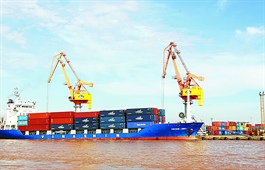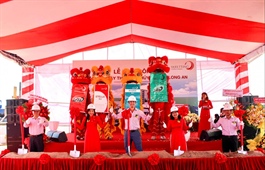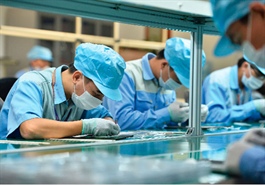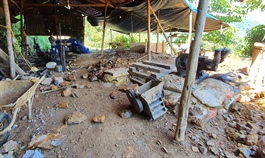Hanoi seeks to improve competitiveness of SI products
Hanoi seeks to improve competitiveness of SI products
Although support industries have great potential and opportunities to improve competitiveness, the production management and technical capability of most Vietnamese support industry enterprises are restricted. Domestic enterprises only provide about 10 percent of the domestic demand for support industry products.
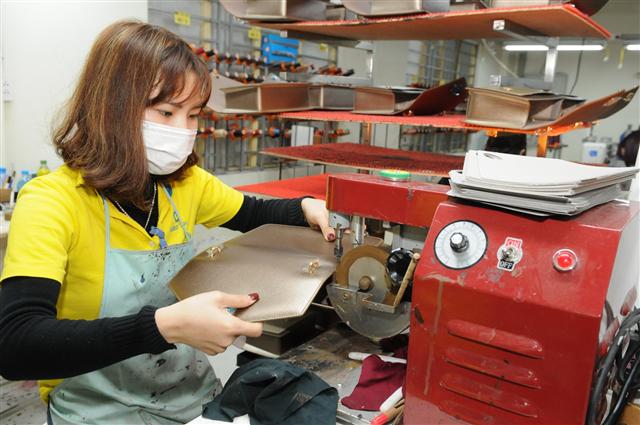
The local content rate in many Vietnamese industries is low
|
Great potential
Nguyen Duy Duc, head of the Sales Department of the Vietnam-Japan Industrial Development and Manufacturing Joint Stock Company (Indema) at Me Linh District’s Quang Minh Industrial Park in Hanoi, said Indema is a partner of many domestic and international businesses, especially in Japan and the Republic of Korea. Established in 2014 with 14 workers, some simple machines and a factory area of 600sq.m, the company now has 180 employees and a factory area of 34,000sq.m with revenues increasing to VND83 billion per year, reflecting the potential of local support industries.
Tran Anh Trung, deputy chairman of the NC Network Vietnam, said most support industry businesses in Vietnam in general and in Hanoi in particular must seek partners and expand demand by approaching large manufacturing enterprises. Currently, the capacity of local producers to meet the strict requirements of FDI firms remains limited, resulting in a trade deficit of components and spare parts. Vietnam’s import turnover of components and spare parts reached US$36.64 billion in 2019, a year-on-year increase of 11.4 percent.
The local content rate in many Vietnamese industries is low, for example only about 40-45 percent in both garment and textile, and leather and footwear industries. Vietnam’s electronics industry is heavily dependent on FDI companies, especially Samsung. Only about 35 Vietnamese companies are first tier suppliers of Samsung, including low-value consumable, packaging and printing materials.
Efforts to improve competitiveness
Dam Tien Thang, deputy director of the Hanoi Department of Industry and Trade, said support industry development is a breakthrough solution to create a driving force for the capital city’s industries, especially electricity-electronics, automobile and motorbike assembly, engineering and high-tech industries. The Covid-19 investment shift and supply disruptions open a door for Vietnam’s support industry enterprises which they should not miss.
Le Van Tuan, general director of the Lilama Corporation, said enterprises have to innovate their manufacturing process to meet specific customer quality requirements, starting from the smallest and simplest products then gradually progressing to more complex ones and bigger orders and contracts. In addition, state management agencies need to raise their awareness of the importance of support industries, while providing full support for mechanisms and policies, trade promotion activities and human resource training programs for support industry businesses.
In August 2020, the prime minister issued Resolution 115/NQ-CP on the development of support industries, including effective implementation of specific mechanisms and policies to develop the manufacturing and processing industry and preferential interest rates for support industry enterprises.
| The Ministry of Industry and Trade has been assigned 13 specific tasks, including devising development strategies for garment and textile, and leather and footwear industries to 2030, with a vision to 2035, and building five technical centers to support regional industrial development. |







